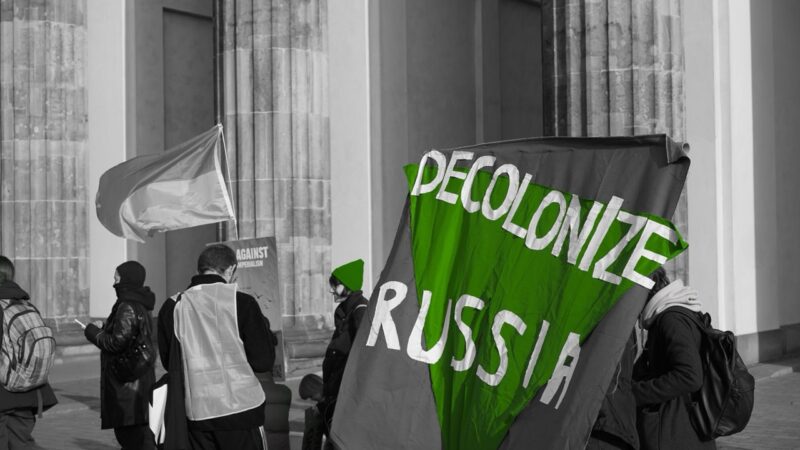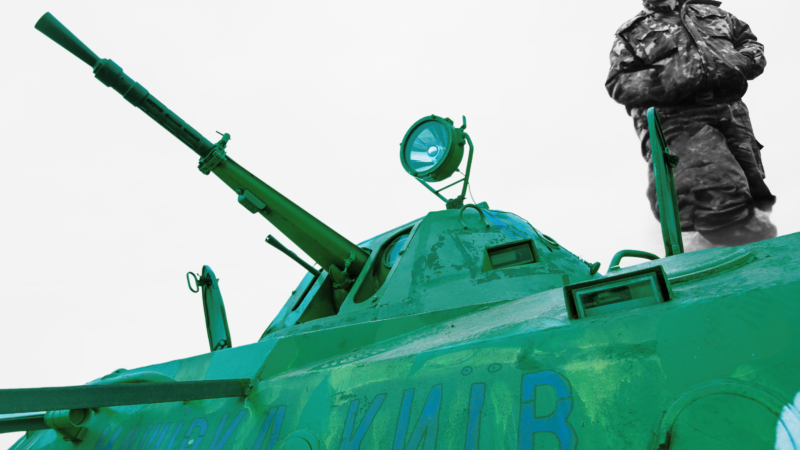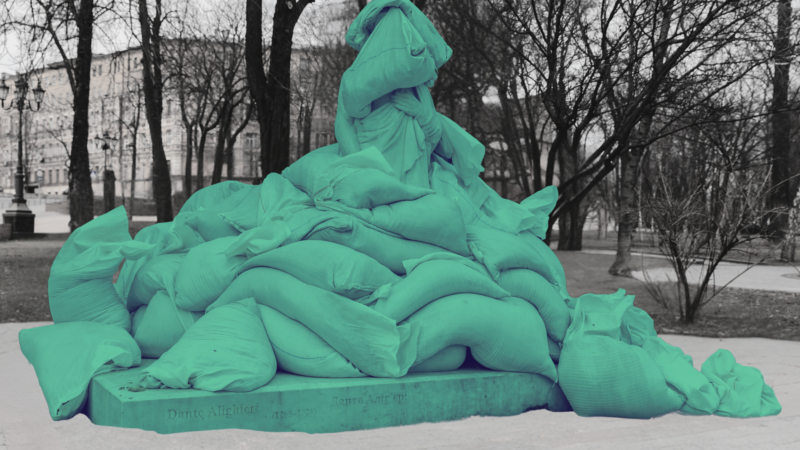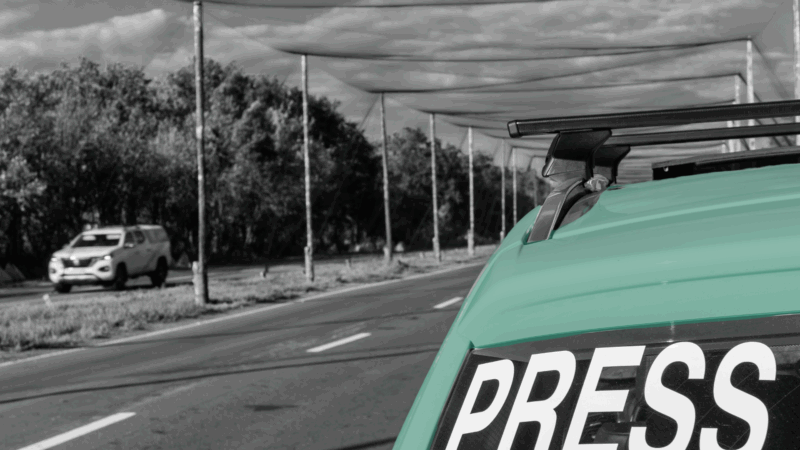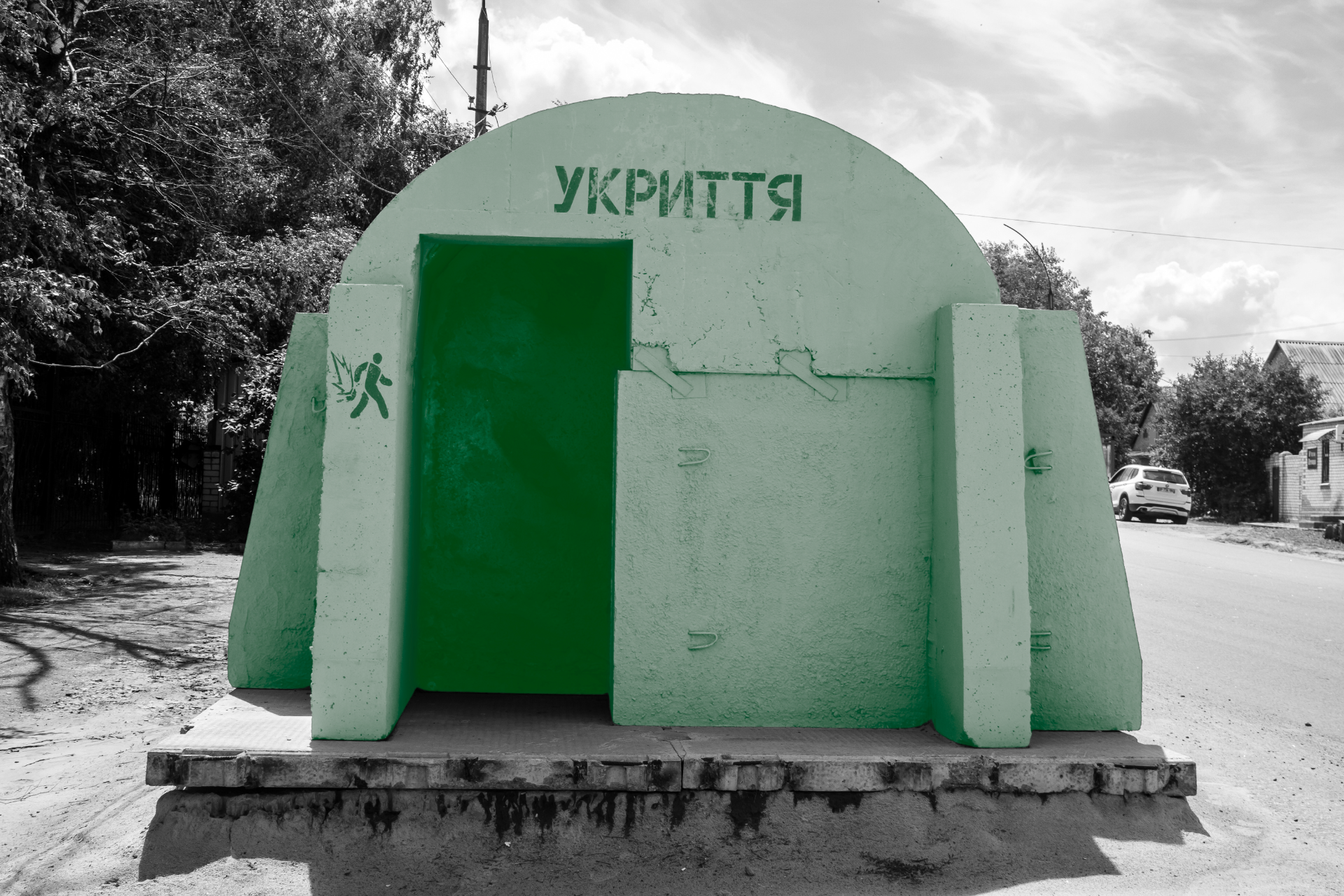Interview with Bo Petersson | “Kremlin plans on a long-term engagement, on a long war”
Ostap Kushnir: In March 2022, in your article for the Forum for Ukrainian Studies you mentioned that “the signs [of the forthcoming invasion] were there for all to see, but we did not read them correctly.” What signs do you see today in Russian politics?
Bo Petersson: This is a tricky question, because wisdom often comes with hindsight. Before the invasion we, the Western analysts, did not take the time to reflect on the patterns of what we had been observing for years, and instead we rushed ahead with conclusions based on individual pieces of evidence. That was a mistake. Unfortunately, there is no guarantee that we will not make similar mistakes in the future as well.
That being said, one of the obvious signs that have been there since the full-scale invasion started—and especially after the largely unsuccessful initial weeks—is that the Kremlin has planned on a long-term engagement, on a long war. There will be no quick fix. Unfortunately, we are talking about time horizons that stretch several years ahead.
Of course, there are also signs that Putin and his henchmen are not always on good terms. Some of the underlings, especially the hawks, disagree with Putin’s course of action and have become more and more vocal recently. The opposition to Putin includes such odd and rebellious hardliners like Yevgeniy Prigozhin, but not only him.
So, if you ask me about signs, those are probably the two that I would feel most inclined to mention.
Kushnir: Are there any signs that Russia is seeking a common language with external actors and wants to change its foreign policy from confrontation to cooperation, especially with the EU?
Petersson: Such signs are few. At any rate, Russia is certainly not trying to build more conciliatory and peaceful relations with all external actors. If that is any indicator, the bombing of Kyiv in the midst of the visit of the delegation from African countries, on 16 June 2023, was quite an obvious sign that the Kremlin is not inclined to talk seriously about peace.
Putin has stopped referring to Western countries as “partners” as he used to do. It is quite clear that his regime became more oriented towards China and other more sympathetic countries. I am not sure, however, that the Chinese are entirely happy with such a change. There are signs that they, for instance, tacitly support Prime Minister Mikhail Mishustin, who has been low-key about the war. We are yet to see what might come out of this, but it is an interesting observation.
Kushnir: How would you assess the change in Western expertise on Russia following the full-scale invasion? Have there been any tectonic shifts in how analysts approach the aggressor state?
Petersson: Indeed, there have been some shifts. One of the most obvious is that the Russian regime has been reconceptualized. Before the invasion, Russia was approached as a paradigmatic case of a hybrid political system. Electoral authoritarianism was a breed and brand that was attributed to Russia. Recently, most serious analysts in the West have concluded that the “hybrid political” approach is no longer applicable. Today’s Russia is discussed as a closed authoritarian state. The analysts started researching it differently, in a new way. So, that is one obvious change.
The other change is that, belatedly, the Western scholarly community has acknowledged that the expertise on Ukraine needs to be developed and improved. Thus, Ukraine must not be approached merely as a former Soviet republic or an appendage to Russia. There have been very serious decolonization debates across the globe during the past year. Several leading Western universities have decided to invest substantial funds into the study of and research programs on Ukraine as an independent actor. This is, of course, a very welcome development.
Kushnir: More than a year into the war, support of the regime among the Russian citizens, as well as their trust in the Kremlin’s leadership, remain rather high. What are the sources of legitimacy of Putin and his regime?
Petersson: From the very outset of his first presidency, Putin and his spin doctors have been very skilled and successful in cultivating certain key political myths to the benefit of the regime. There are a couple of potent political myths that should be particularly highlighted.
First, there is the idea that Russia allegedly always has been a predetermined and preordained great power, regardless of what takes place within its borders or in the world. As a great power, Russia is argued to have inherent rights to spheres of influence and domination over adjacent countries. Secondly, there is a myth about a cyclical and detrimental recurrence of times of trouble, or smuta, that will unavoidably harm Russia unless precautions are taken. The prevention of a smuta from happening—and, thus, securing stability across the country—can only be achieved under the leadership of a bold and wise leader, ostensibly such as Putin.
Added to these two early political myths that the regime has capitalized on, another myth started circulating with increased intensity after the return of Putin to the formal presidency in 2012. It was about the depraved and demoralized West that had always been attempting to destroy and rupture the Russian way of life and was increasingly continuing those efforts. Therefore, to withstand all Western misdeeds, resourceful action was needed—again, under Putin’s God-given (according to some of his most ardent followers) leadership.
These political myths exemplify the narratives that the Putin regime has been very successful in communicating to and cultivating among the domestic population. It was very clearly argued that Putin is the only conceivable president and guarantor of Russia’s remaining a great power, avoiding the smuta, and preserving its identity against the malicious onslaughts of the West.
Intimately connected to these myths is the very intense use of the narrative about the Great Patriotic War. According to the propaganda, the fight against Nazism from the 1940s has never been concluded for Russians, and they therefore need to relive and resume it, in connection with the Russo-Ukrainian war, through rivalry with the West, which is backing Ukraine. Given the Kremlin’s rigid control of traditional mass media, this narrative is largely unopposed and has great nationwide reach, as well as, obviously, significant impact.
Another reason behind the seemingly successful legitimation of Putin’s regime is the limitations in data collection. Even a reputable solid sociological institution like the Levada Centre is not immune to the fact that surveys in Russia are undertaken in an authoritarian context. People either tend to avoid answering questions and keep their private thoughts to themselves or answer questions in a manner that they think the interviewers would like to hear. Therefore, the high support ratings for the war and the Russian leadership are interesting phenomena to study, but they also are most probably inflated and should be read with caution.
Kushnir: How would you describe Putin’s perception of Zelensky? Can we say that the President of Ukraine has become a personal nemesis of the President of Russia? Is there a collision of two models of charismatic leadership?
Petersson: I would not say that there is a collision. It is rather that Putin became eclipsed by Zelensky on all fronts and can do little to change the situation. It is pretty much the same story as it used to be in the contestation between Putin and Alexei Navalny a few years ago. The Putin whom we observe today is a tired and old man. Just like Navalny before his long-term imprisonment, Zelensky, as an energetic and charismatic leader, sharply contrasts with this version of Putin. Putin is no longer the person that he seemed to have be some ten years back in time, when he was the macho man, the achiever, the goal-getter. Incidentally, he consistently avoids referring to Zelensky by name, just as he used to in relation to Navalny.
I would therefore not say that we have a competition between different kinds of charisma. Instead, we have the formerly charismatic figure of Putin looking increasingly weary, old, and fragile—nowhere near the man he used to be.
Kushnir: To what extent do you think that Putin started a “waiting game” against the West and Ukraine? Will the growing war fatigue make democratic societies less supportive of fighting Russia “as long as it takes?”
Petersson: I’m afraid that you are right. No matter how horrible the war is, public opinion and politicians in the West get accustomed to it being part of the everyday. And something that is part of the everyday is nothing to be so much concerned about. The fatigue grows. Moreover, other news appear and eclipse the war. The peculiar feature of the media reality is that apparently, only one major topic can be on air at the same time. We see this feature manifesting these very days. The big news is about the last minutes of the world’s richest people on their underwater trip to the wrecks of Titanic, not Ukraine’s struggle.
Therefore, I think, a very deliberate “waiting game” is being played by the Kremlin. The stakes are high, not least due to the impending presidential elections in the US in 2024. There is a tangible risk that Donald Trump will become elected president again, or someone pretty much like him. This development risks having detrimental consequences for Ukraine’s war of defense.
Kushnir: Do you think that this strategy of waiting will work for Putin in the long run? Are there any signs that such a strategy is failing?
Petersson: I prefer not to think that it will work out in the long run, because that would already be defeatist thinking. What I am sure about is that the “waiting” has become a deliberate strategy. Hopefully, the West will not fall into the trap.
Kushnir: What war-provoked changes do you think will take place in Russian and Ukrainian societies in the future?
Petersson: This is probably the most difficult question that you have asked me so far. If we as analysts are prone to go in the wrong direction anywhere, it is in predictions about the future. However, from what is discernible right now, concerning the signs that we discussed in relation to the first question, Ukrainian society will get even more firmly integrated into the West. At the same time, Russian society and the state will become weaker and weaker. The benefactor of all this will probably be China. By continuing the war, Russia will deplete its resources, making China relatively stronger. Also, the US will face some decrease of resources due to its backing of Ukraine.
Kushnir: A few analysts whom I spoke to earlier said that following the war, Russians would likely revisit their self-identification, myths, and expansionist mindset. To what extent do you think this is possible?
Petersson: I think this development is desirable and very much hoped for. However, I do not see the signs of it happening. Maybe after a regime change there will be a chance. The 1990s are not that long gone, after all, and we observed very abrupt and drastic changes in post-Soviet Russia after the Communist regime crumbled. So indeed, why could not this happen again?
Let us not give up hope. But, as I said, I do not see the signs right now.
Kushnir: What has surprised you in Ukraine’s response to the Russian invasion? What lessons can other countries in the region learn from Ukraine’s case?
Petersson: What impressed and surprised me the most, and not only me, was the resilience of Ukraine and the Ukrainians, the strength that they put into the resistance. Another surprising point was the professional leadership at the highest state level. In less than two years, Zelensky has grown with the task to a stature of almost Churchillian dimensions.
Concerning the lessons for other countries of the region, well, they are not that easily translatable. Very few former Soviet republics have the advantages of size that Ukraine has. The strength of Ukraine’s resilience that I mentioned is not least attributable to having a vast territory. So, maybe Kazakhstan and other Central Asian countries can learn some lessons from the Ukrainian experience, but probably not countries such as Estonia, Latvia, Lithuania, Moldova, or Georgia. In the potential case of Russian aggression, they risk being overrun quickly. Therefore, these smaller countries need to find or consolidate secure havens in the West before any aggression happens.
